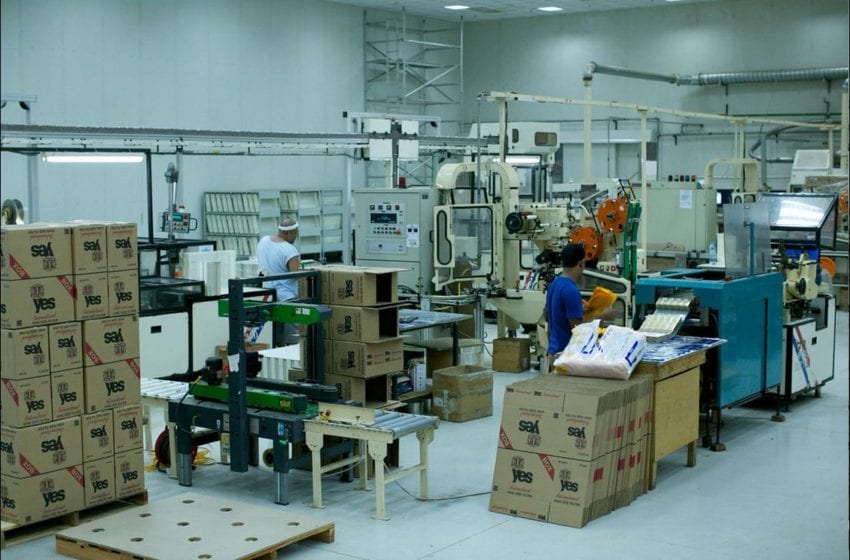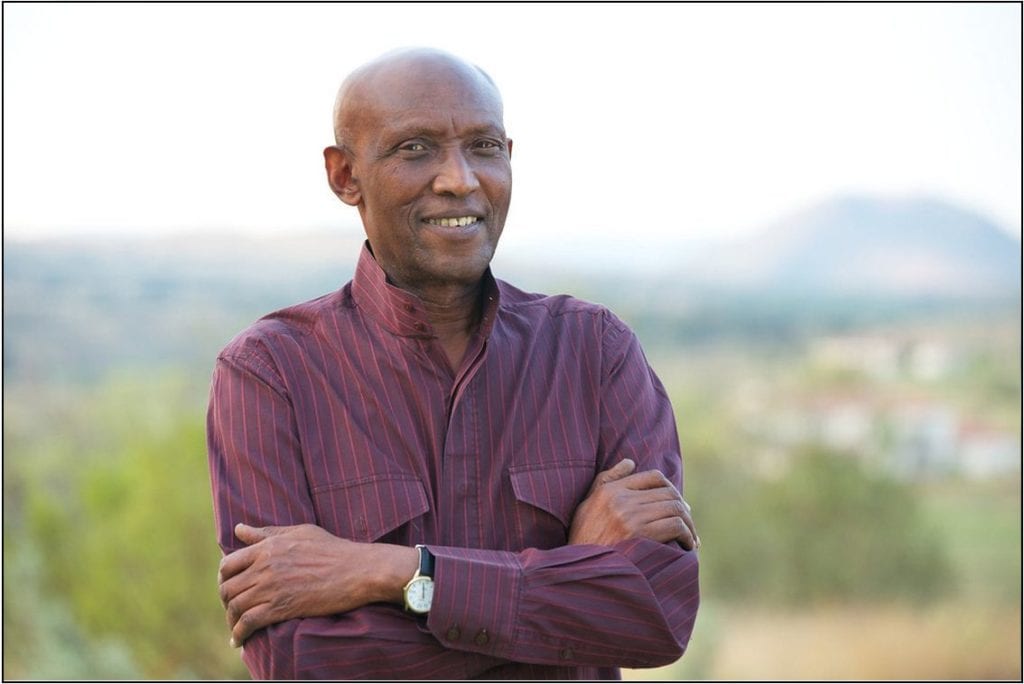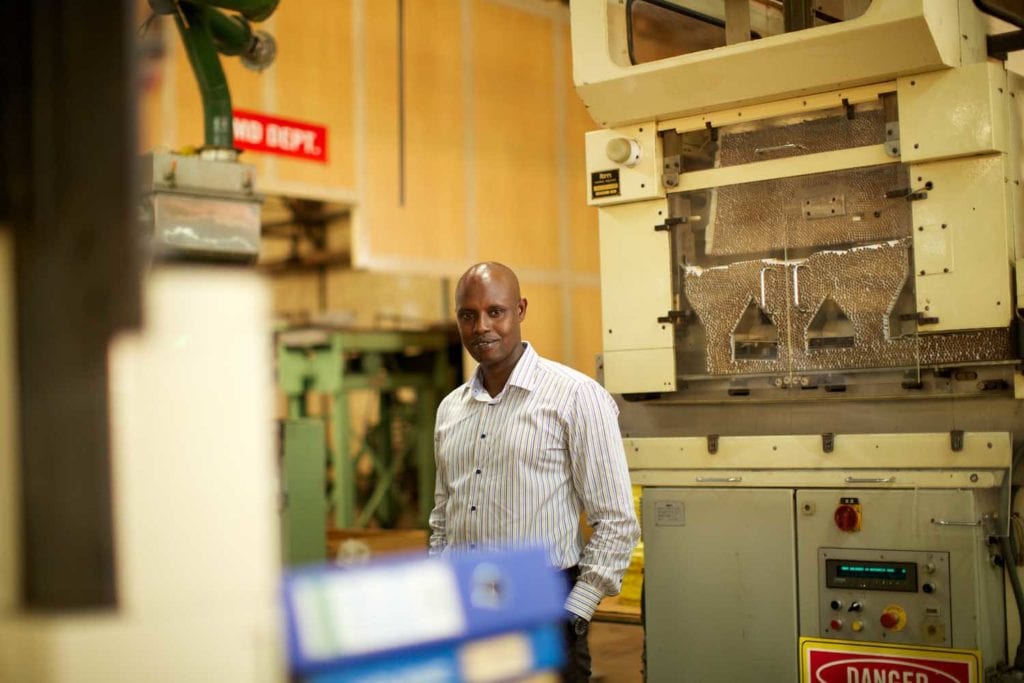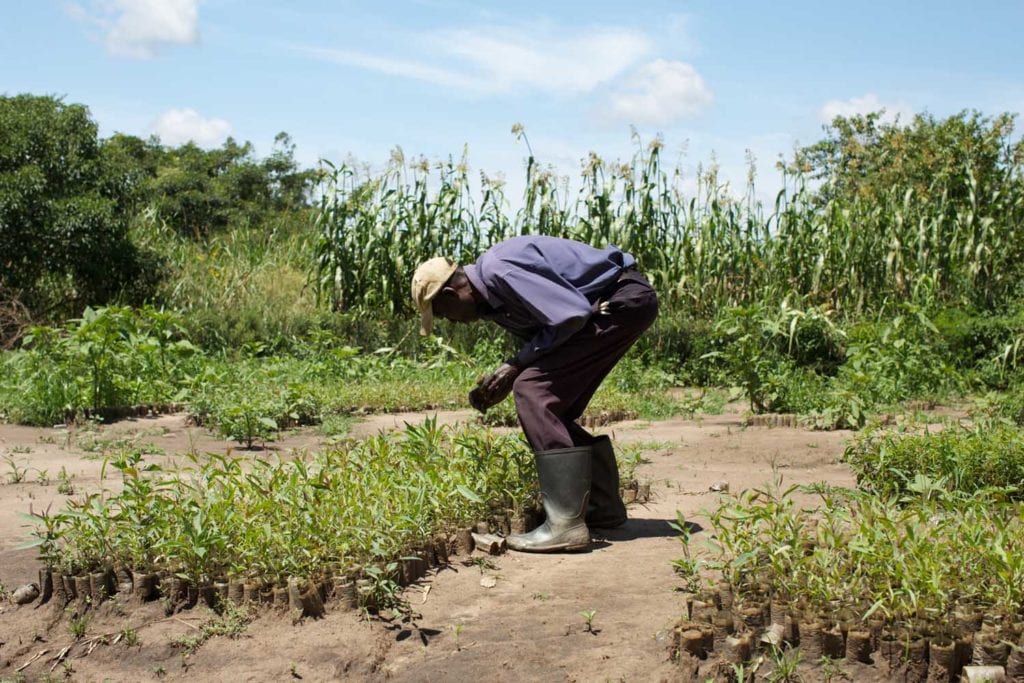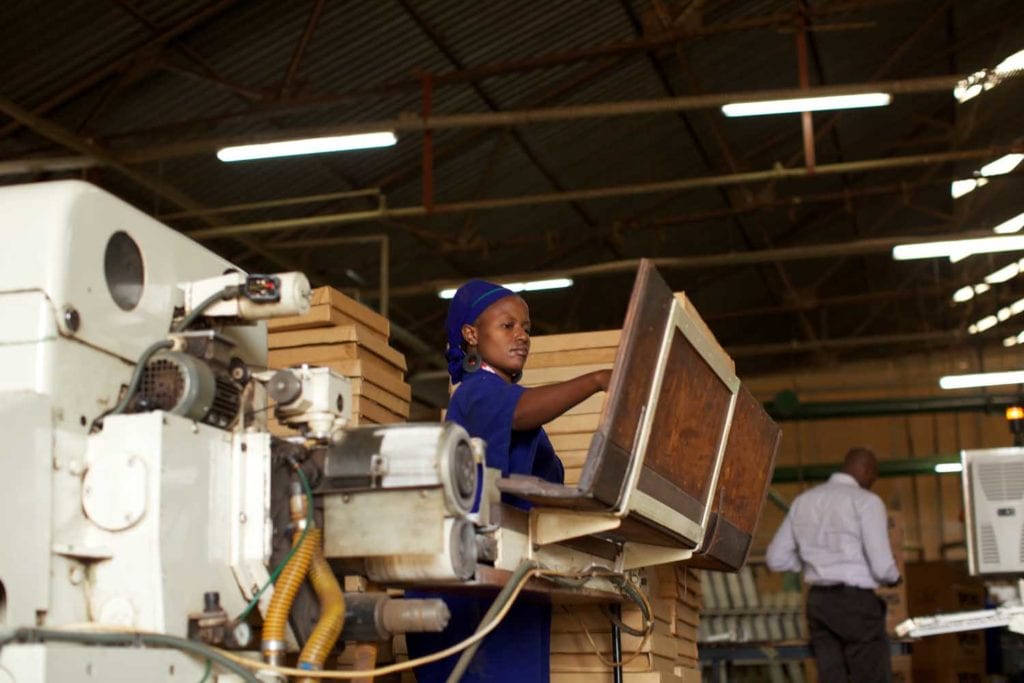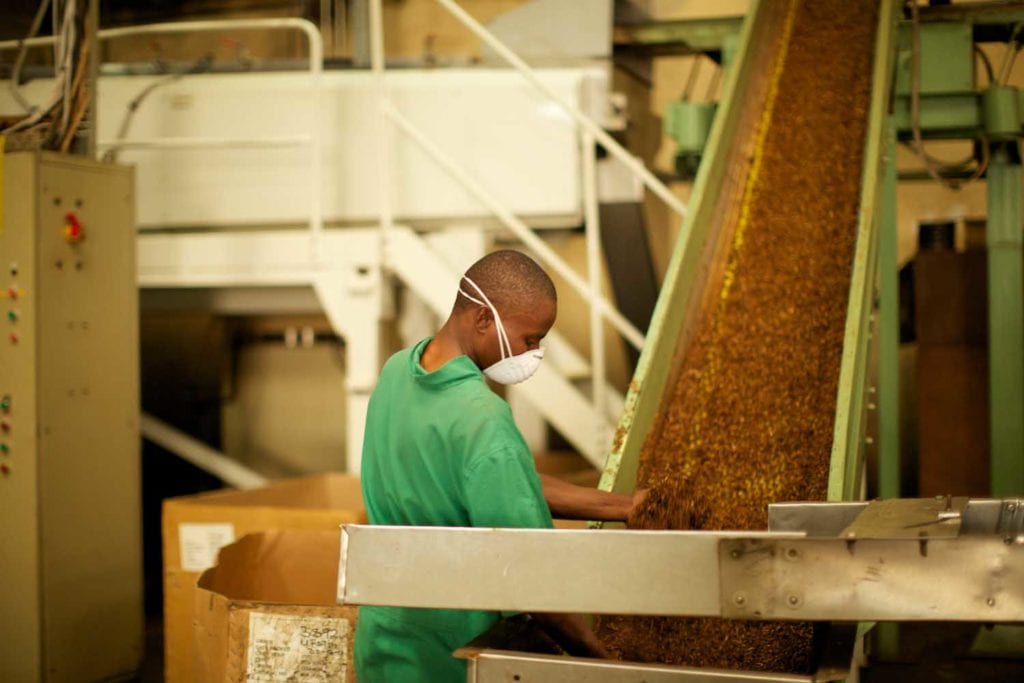British American Tobacco’s cigarette volume during the six months to the end of June, at 332 billion, was down by 3.4 percent on that of the six months to the end of June 2012.
Volume was increased in the company’s Asia Pacific region by 5.5 percent to 100 billion, but it was down in its other three regions: in the Americas by 9.4 percent to 64 billion; in Western Europe by 8.3 percent to 57 billion; and in the EEMEA (Eastern Europe, the Middle East and Africa) by 4.5 percent to 111 billion.
The company’s four global drive brands outperformed the totality of its offering. Dunhill’s volume increased by 6 percent, with growth in Indonesia, Chile, South Africa and South Korea partially offset by declines in the GCC and Brazil, mainly as a result of the one-off impacts in the comparator period.
Kent maintained market share despite lower volume of 3 percent due to industry declines in Russia and Romania, partially offset by growth in other Eastern European markets.
Lucky Strike’s volume was down by 7 percent, mainly driven by the market contraction in Spain and instability in the Middle East, partially offset by higher volumes in Germany, France, Philippines, Poland and Argentina.
And Pall Mall’s volume rose by 8 percent, with strong growth in Pakistan, Chile, Romania, Canada and Mexico partially offset by lower volumes in Russia and Spain.
Total tobacco volume, which includes other tobacco products converted as cigarette equivalents, was down by 3.1 percent to 346 billion.
Fine-cut volume grew by 6.7 percent to 10 billion cigarette equivalents in Western Europe, mainly in Spain, Italy, Poland, Belgium and France. And Pall Mall was said to have remained “by far the biggest brand in Western Europe in this category.”
BAT’s revenue during the six months to the end of June, at £7,572 million, was up by 2 percent on that of the six months to the end of June 2012.
Adjusted profit from operations was up by 4 percent to £2,944 million; profit from operations was up by 3 percent to £2,807 million; adjusted diluted earnings per share were up by 8 percent to 109.1p; and basic earnings per share were up by 9 percent to 106.6p.
“We performed well during the first half of the year with strong pricing momentum, increased market share and continued growth in our global drive brands, strengthening the foundations for another year of good results in line with our long term strategic goals,” CEO Nicandro Durante said in reviewing the results.
“The underlying business performance, measured by constant rates of exchange, was strong, with revenue up by 4 percent, adjusted profit up by 6 percent and adjusted diluted earnings per share up by 10 percent.
“The business performance was impacted by industry volume contraction in some parts of the world and fragile economic conditions persisting, notably in Europe. Despite the good performance in Asia-Pacific, group cigarette volume from subsidiaries was 332 billion, down 3.4 percent. This was also adversely compounded by trade inventory movements last year in specific markets, notably Brazil and the GCC, and the leap-year impact. Excluding these one-offs, the cigarette volume decline would have been 2 percent.
“We continued to grow cigarette market share in our top 40 markets, led by the good performances of the global drive brands. Globally, Dunhill, Lucky Strike and Pall Mall all grew market share, while Kent was stable. Collectively, our four GDBs achieved good volume growth of 2.3 percent. Our other international brands grew by 1.9 percent and, combined with our global drive brands, now make up nearly 60 percent of our total cigarette volume.
“This month, CN Creative, our stand-alone company specializing in the development of next-generation products, launched Vype in the U.K., the group’s new e-cigarette brand. This is another step in our ongoing commitment to developing a portfolio of next-generation products alongside our tobacco business.”

